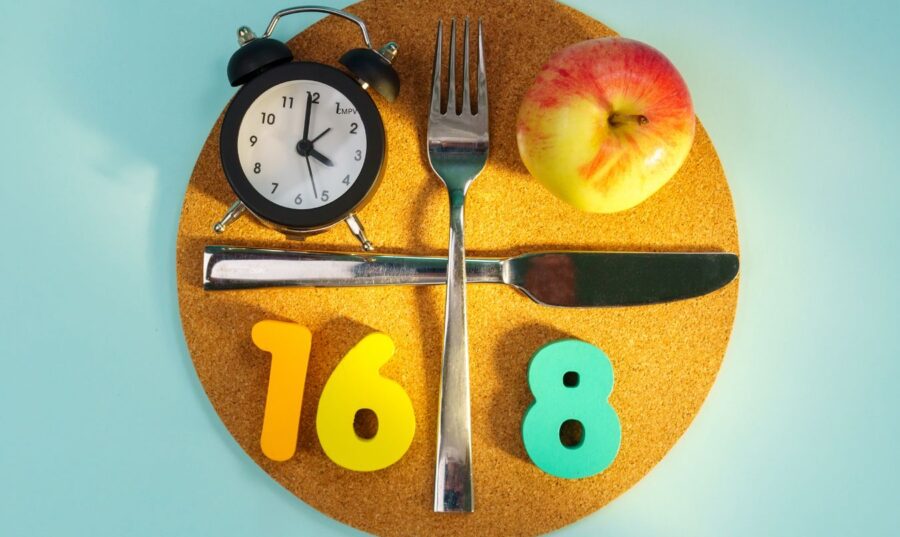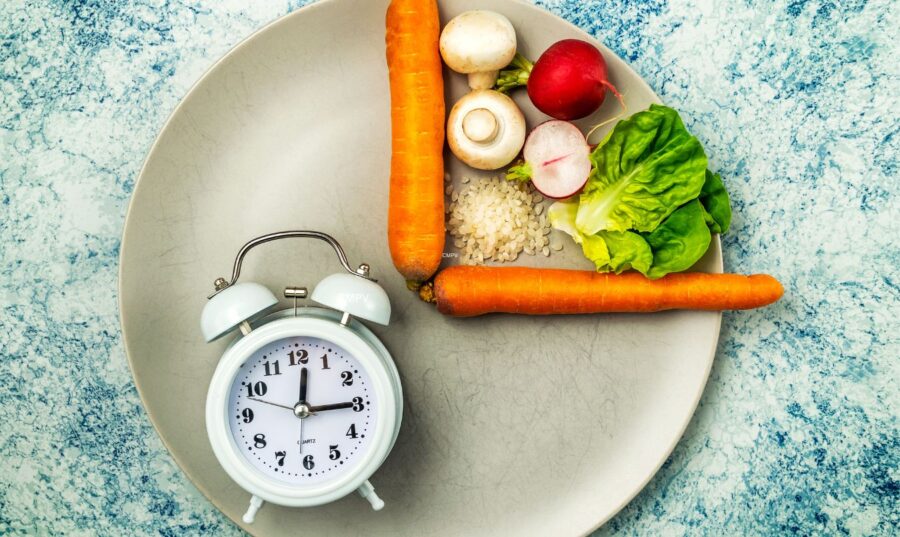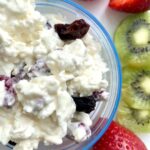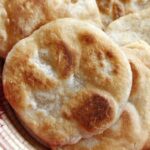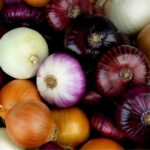|
Getting your Trinity Audio player ready...
|
Kidney stones, or kidney stones, affect 5 to 10% of adults worldwide. The 75% in these 'stones' are calcium oxalate, an insoluble compound that the body cannot absorb. The least common stones are calcium phosphate and uric acid stones.
Kidney stones are associated with hypertension, diabetes, obesity and metabolic syndrome. People with kidney stones are more likely to have multi-organ complications. For example, metabolic bone disease, cardiovascular events, vascular calcifications, kidney infections, as well as chronic and end-stage kidney disease.
Risk factor's
The main factors for the formation of calcium oxalate stones are having a low urine volume, high urinary excretion of calcium, oxalate and uric acid. Supersaturation of urine with calcium oxalate markedly increases the risk of stone formation.
The 50% oxalate in urine comes from the diet. The other amount comes from the production of oxalate by our body. Oxalate has no nutritional function so it is eliminated through the kidneys. In the urine, it binds with calcium, increasing the supersaturation of calcium oxalate and the formation of crystals of this compound.
Feeding
Diet is one of the most important and modifiable factors in the formation of kidney stones. Preventing the recurrence of these stones focuses on increasing the volume of urine and reducing the excretion of calcium, oxalate and uric acid. It also focuses on increasing the excretion of substances that protect against their formation, such as magnesium, potassium and citrate.
Foods with alkaline citrates, such as fruits and vegetables, are recommended to prevent the recurrent formation of calcium stones. Citrate salts increase citrate in the urine, which eventually binds to calcium, reducing supersaturation of calcium salts and preventing crystal formation.
The nutritional factors and their potential risk in the formation of kidney stones are the following:
- Little water consumption. It decreases the volume of urine and increases its saturation with mineral salts.
- Lots of sodium intake. Increases urinary calcium and decreases citrate excretion.
- Low calcium intake. Increases urinary oxalate excretion.
- Lots of protein intake. It lowers urine pH, increases urinary calcium and reduces citrate excretion.
- Little consumption of fruits and vegetables. Lowers urine pH and reduces citrate excretion.
- High intake of foods rich in oxalate. Increases urinary oxalate excretion.
- Daily consumption of soft drinks or carbonated drinks, especially those acidified with phosphoric acid. Phosphoric acid is a compound that can decrease calcium levels in the body and increase the excretion of calcium through urine.
Foods high in oxalate, with 200 milligrams or more per serving, include spinach, whole grain rice, and rhubarb. Other high-oxalate foods with 50 milligrams or more per serving include: beets, okra, potatoes in shell, kidney beans, almonds, chocolate powder, whole grain cereals, corn flour, oat bran (bran), quinoa and amaranth.
Nutritional prevention recommendations
- Aumentar la ingesta de líquidos. Esta es la medida nutricional más importante para prevenir la recurrencia de las piedras renales. Esta recomendación es independiente de la composición de las piedras y de los factores de riesgo individuales para la formación de éstas.
- Reduce sodium intake and balance calcium intake.
- Reduce animal protein intake. Particularly in people with low urine pH and high urinary uric acid excretion.
- Reduce the consumption of foods high in oxalate and maintain a balanced calcium intake. Particularly in people with elevated oxalate excretion in the urine.
- Increase the intake of fruits and vegetables rich in potassium, citrate and magnesium. Particularly in people with decreased excretion of citrate in the urine.
- Reduce the intake of soft drinks, especially those containing phosphoric acid.
Evaluation of nutritional risk factors is an essential component in specific dietary therapy in people with kidney stones or stones. Appropriate dietary intervention contributes to the effective prevention of recurrent stones.
Main reference
Siener, R. (2021). Nutrition and Kidney Stone Disease. Nutrients, 13(6): 1917. doi: 10.3390/nu13061917.
Carmen M. Pérez Velázquez

